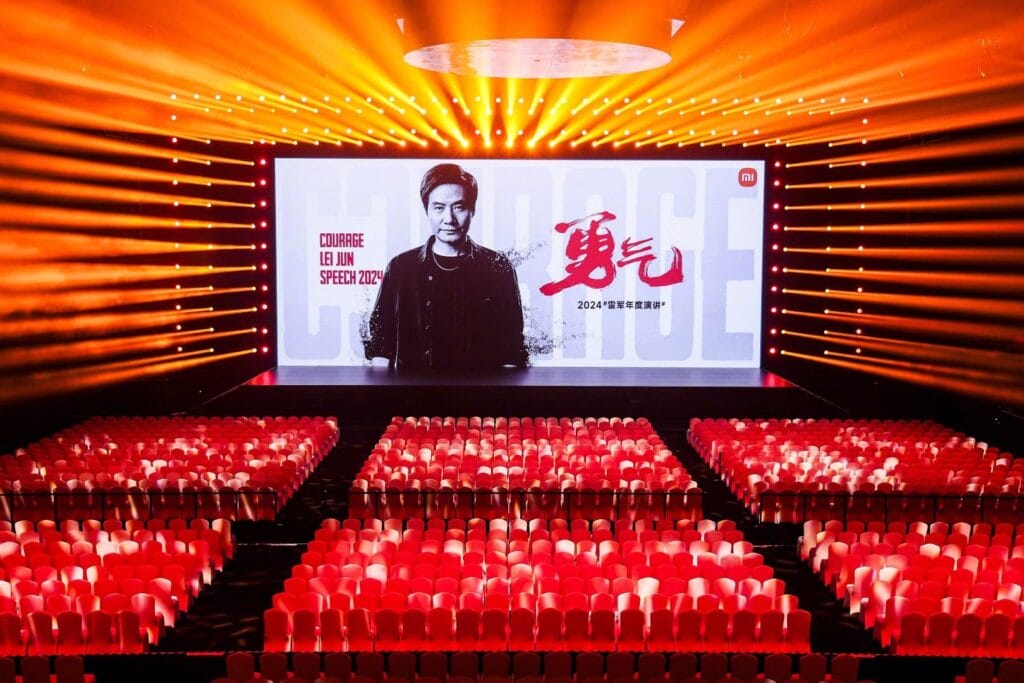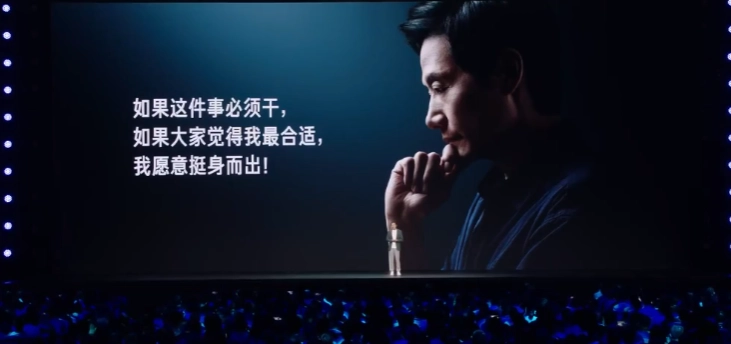In a dramatic turn driven by the shifting nature of business in today’s turbulent world and potent geopolitics, Chinese smartphone and consumer electronics giant Xiaomi has forayed into the automotive sector. That strategic turn was elaborately discussed by Lei Jun, Xiaomi’s charismatic founder, chairman, and CEO, in his 2024 annual speech.
The Catalyst for Change
This huge change was heralded by an epic journey that began on January 15, 2021. Xiaomi faced a crisis it had not bargained for when the United States levied sanctions against the company. Lei Jun described getting news of the sanction as “a bolt from the blue,” really denting operations and prospects in the future.
At one of the most pivotal board meetings, it was raised: “If no more mobile phones can be made, what would become of our 30,000 to 40,000 employees?” And so began the scrappy endeavor of seeking the new way out and creating new opportunities that would lead Xiaomi into consideration for the automobile industry.
Guidance and Support from Industry Leaders
It was a moment of hesitation; Lei Jun would not be alone. Industry peers, including Li Bin, the big man at NIO, and He Xiaopeng, the leader of Xpeng Motors, were allowing him great encouragement during this time. These pioneers in China’s EV market clearly knew the difficulties and opportunities in car manufacturing, and they urged Xiaomi to take this way.
The Decision to Build Cars
A week later, the next huge business enterprise Lei Jun was to engage in while leading Xiaomi would be car making. On March 20, 2021, an official announcement for entry into the car manufacturing industry was issued by Xiaomi, which became Lei Jun’s last entrepreneurial project. The response overwhelmed; that is, in a period of over three years, Xiaomi Auto has received as many as 380,000 resumes, an indication that people really had huge interest and confidence in this new direction Xiaomi was taking. Strategic Vision of Xiaomi
For Xiaomi, starting a car manufacturing business is not as simple as diversification—in fact, it is a strategic move to leverage its technological and consumer electronics prowess into the fast-growing EV market. Xiaomi will multiply its innovative capabilities in technologies such as AI, IoT, and software with auto tech to come up with intelligent vehicles that have seamless user experiences.
Challenges and Opportunities
Ahead While the enthusiasm and support are evident, Xiaomi’s venture into the automotive industry is not without challenges. The company will need to navigate:
- Technological Integration: Integration of existing technologies into new automotive applications seamlessly.
- Market Competition: Fierce competition from well-established automotive brands and technology firms getting into EVs. –
- Regulatory Environment: Compliance by global automotive regulations and standards, different from the consumer electronics sector.
Lei Jun’s speech at the Mi Mixer event was the point of no return for Xiaomi. For Xiaomi, this is not simply about diversification when expanding into the car manufacturing industry but about changing its identity and strategy under the dual influences of external pressure and internal capabilities. The whole world will be highly interested in how far Xiaomi will speed up this vision with new innovative input into the automotive industry.


 Emir Bardakçı
Emir Bardakçı



I go to see everyday some websites and blogs to read articles or reviews, except this website gives quality based
articles.